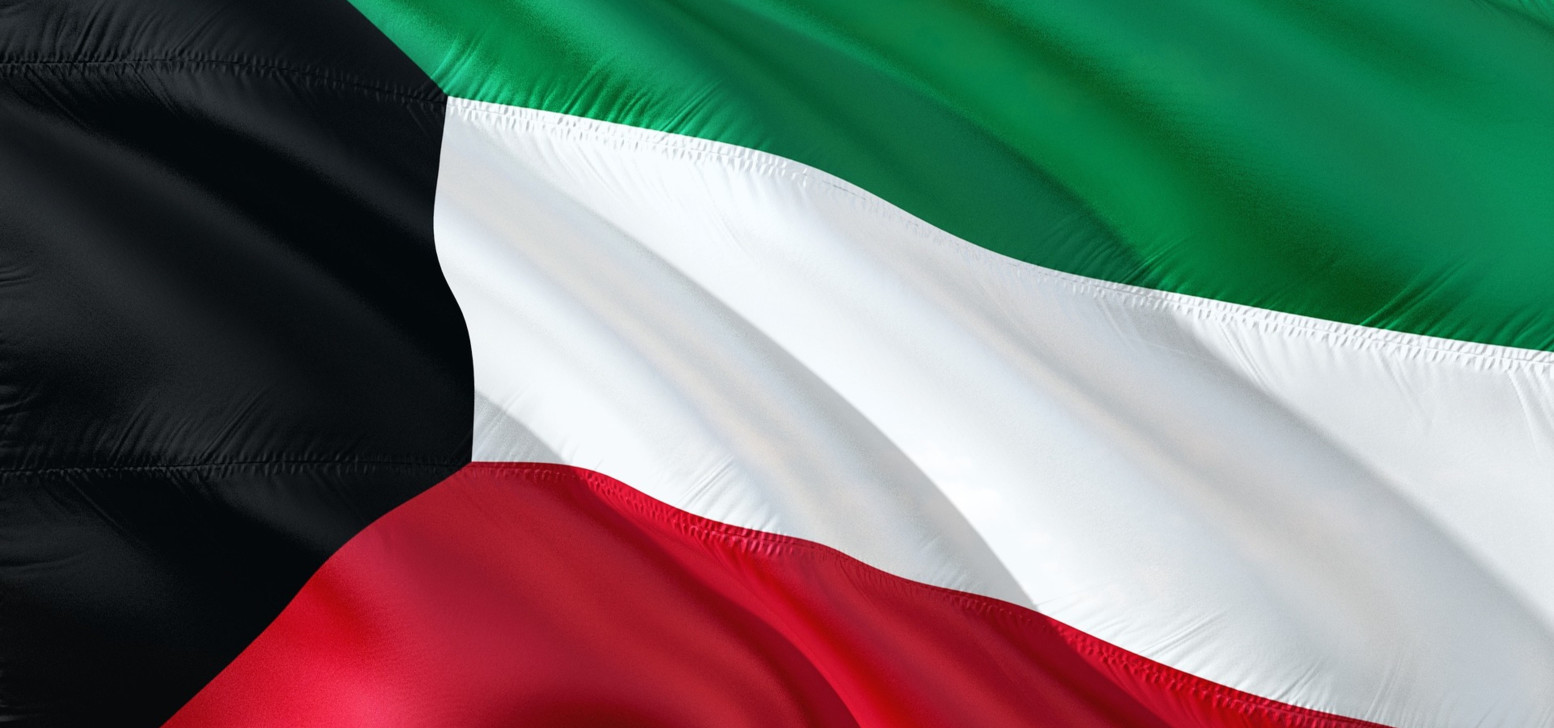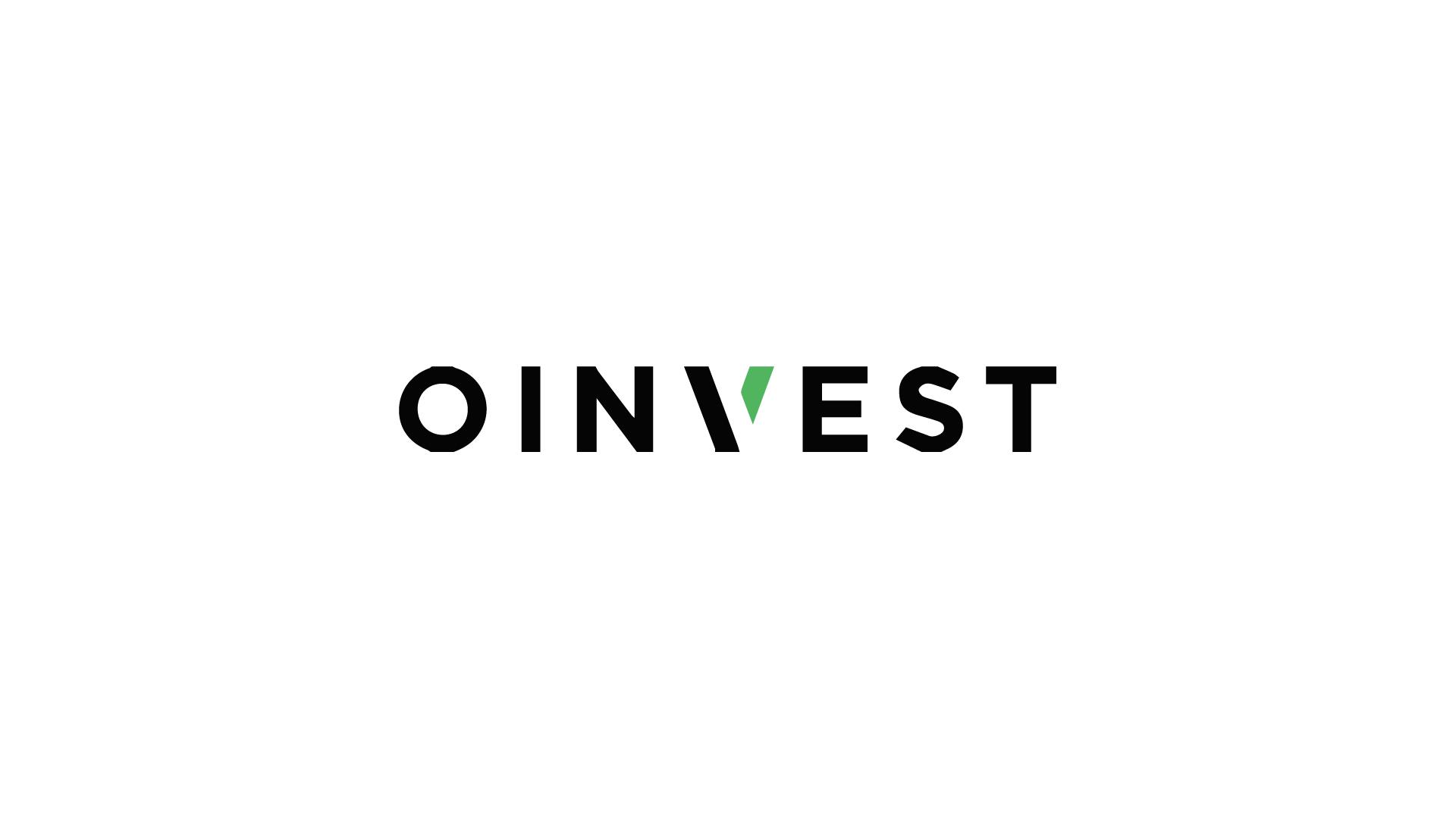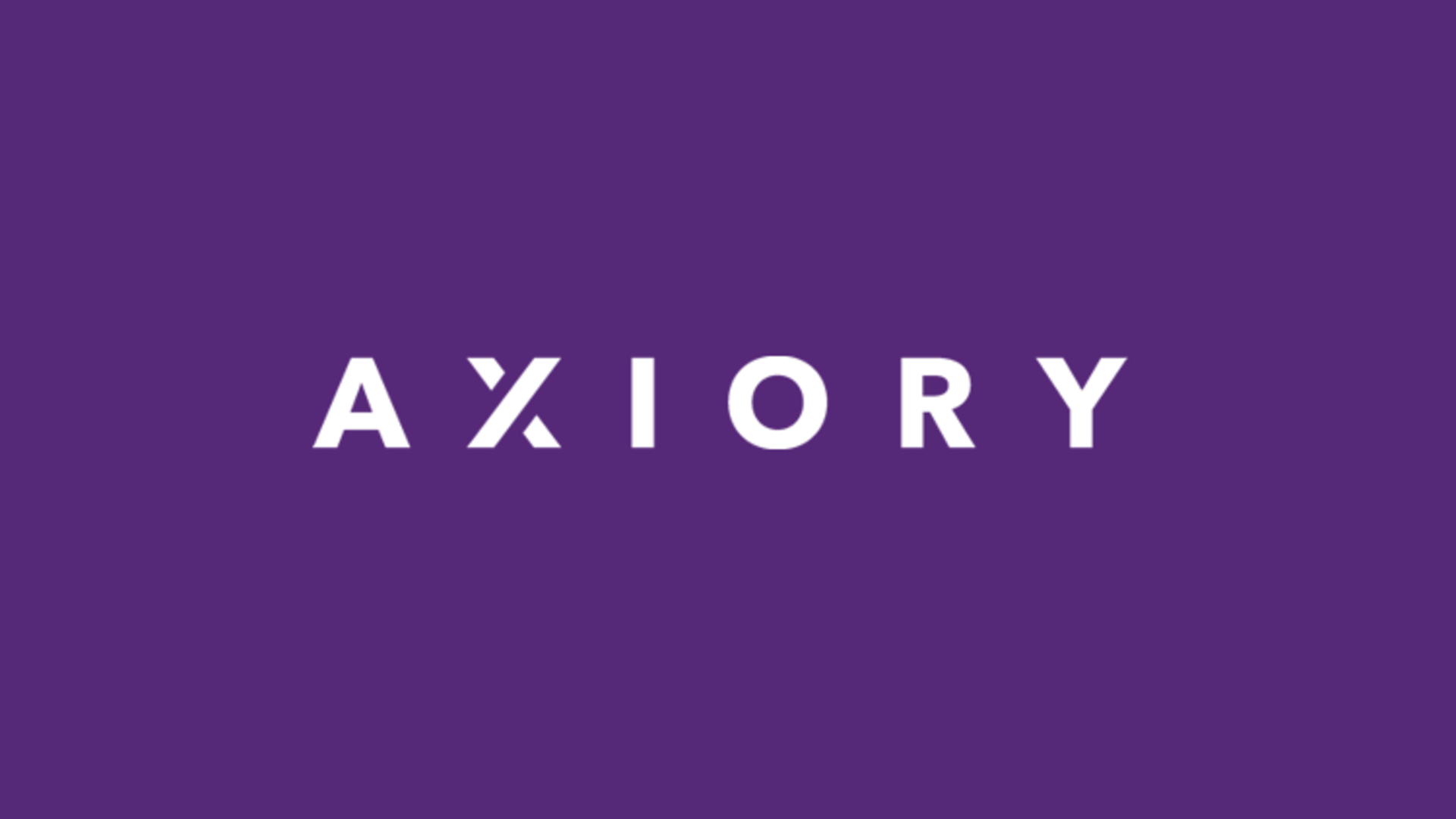Contents
Kuwait is a relatively small country, both in terms of its size, as well as in terms of its population. However, at the same time, Kuwait happens to be one of the richest countries in the world. Kuwait has a GDP of $140.6 billion, which is quite impressive for this small country.
Expectedly, a huge bulk of this prosperity comes from Kuwait’s huge supply of petroleum. This is a rather common phenomenon shared between many Middle Eastern countries, whose economies are almost completely based on this one single commodity. Kuwait is definitely not shy to “admit” this, but instead actually embraces it, as the country is recognized as the sixth largest oil exporter in the world.
Though oil is a vital and foundational part of Kuwait’s economy, the country also has a strong and well-developed financial sector as well, which, of course, is a huge help to let the country’s Forex market advance. Forex is quite popular in the country, and it has been growing steadily. Besides having great trading opportunities for oil, Forex has been getting popular in Kuwait because of the favorable regulatory conditions, which encourage the local populace and attract many international Forex brokers.
Thanks to all these factors, people have quite a positive outlook towards Forex trading, and it is now viewed as one of the most popular investment avenues for many local people, who, by the way, are quite well-off. A large majority (3.2 million) of the country’s 4.6 million population are actually expats who have moved to Kuwait for better work opportunities, and many of these people have been shown to be quite likely to be interested in investing in markets like Forex.
All this being considered, it’s easy to understand why Forex would be on such a rise in Kuwait. In this guide, we will be diving deep into the specifics and all the nitty-gritty details on Forex trading in Kuwait – where it was, how it got to this point, what opportunities and challenges are there today, what kind of regulatory environment to expect, and much more. The guide is generally aimed at anyone interested in Forex trading in Kuwait. So, without further ado, let’s dive into it!
Kuwait’s best Forex brokers
As a country that has a keen interest and commitment towards Forex trading, there are tons of options for great Forex brokers in Kuwait. It’s definitely no easy task choosing one, though, as there are always tons of details to take into account and consider, especially when it comes to ensuring your profitability, and, more importantly, safety. These are what we take into account when we look for and try to identify the best Forex brokers, and these are definitely what the list below was based on. In this list, you will find the very best Forex brokers that Kuwait has to offer, all of whom were chosen after careful examination and comparison.

Licences
FCA, CySEC, IFSC, ASIC, DFSA

Min. depo
$5

Leverage
1:888

Platform
MT4, MT5, WebTrader
XM

Licences
ASIC, FSA, FSCA, FFAJ, FSRA, FSC

Min. depo
100 USD

Leverage
400:1

Platform
MT4, MT5
AvaTrade
Kuwait’s Forex regulation
Forex regulation in this country falls under the responsibility of several governmental regulators, all of whom are responsible for monitoring the activities of the participants of the financial sector and, more specifically, financial markets like Forex. Brokers in particular fall under the supervision of three main regulators, the Ministry of Commerce and Industry (MCI) and the Kuwait Chamber of Commerce and Industry (KCCI), and the Central Bank of Kuwait (CBK).
The latter was established back in 1969 and has since then assumed a very broad and diverse set of responsibilities, at which it has been doing quite a decent job. CBK is mainly responsible for managing the credit and financial policies of the country, as well as managing the conversion and buying/selling of the country’s currency. Beyond that, CBK also has a very large list of other supervisory responsibilities, among them being new Forex brokers who join the country’s financial market.
Ok, so now that we know who are the official regulatory authorities in charge of regulating the market and creating a more safe and supportive environment, let’s discuss some of the specific laws they have introduced, and some of the conditions, restrictions, and opportunities that have been created through their operation.
Forex licensing in Kuwait
 Forex brokers need to be officially licensed by the relevant authorities before they can do business in Kuwait. This can be via the broker being directly licensed by the country – which can only happen if the broker is physically based in the country – or if they are partnered with locally-based and licensed introductory companies. The latter is common practice with many Forex markets and is done with the aim of increasing the safety and integrity of the market for the local traders.
Forex brokers need to be officially licensed by the relevant authorities before they can do business in Kuwait. This can be via the broker being directly licensed by the country – which can only happen if the broker is physically based in the country – or if they are partnered with locally-based and licensed introductory companies. The latter is common practice with many Forex markets and is done with the aim of increasing the safety and integrity of the market for the local traders.
For the foreign brokers that are not licensed locally, they need to, at least, be licensed by some other internationally respected regulator, such as the FCA of the UK, or CySEC of Cyprus. The latter is an especially common regulator for many international brokers, mainly due to their relaxed and supportive approach to regulation.
These demands are quite reasonable and are definitely in line with what other major Forex regulators have. With this, and considering the fact that Kuwait is more relaxed even with the matters at which other Islamic Forex nations are quite strict, show us why Kuwait is considered one of the primary Forex countries in the region.
What about the unlicensed brokers?
With how common it is for the brokers to be operating internationally and offering their services to so many different countries at the same time, it would, of course, be hard to imagine that they would have licenses in all the countries where they would operate. Considering this, as a Kuwait citizen, you may be interested in what to make of the brokers that are not actually licensed directly by the Kuwait government.
Well, for these brokers, that’s exactly why they are required to use the services of the introductory brokers, which would definitely give the government some degree of control and oversight. Additionally, as mentioned, one of the mandatory requirements of the Kuwait government is for these international brokers to be already licensed by other reputable and respectable regulators. For all intents and purposes, if you can trust a locally-licensed broker, then you can also definitely trust a broker that is licensed by a respected and globally-known regulator such as FCA or FSA.
As you can see, the authorities themselves have quite a liberal and relaxed approach towards the brokers and are as supportive and encouraging to them as possible. However, this is definitely not to say that they’re not strict and effectively controlling when necessary. Should the need arise, the authorities are quick to penalize the brokers as needed, which happens when the brokers violate any rules and regulations that can heavily harm the traders and customers. The brokers that are exposed to scams, financial fraud, and things like insider trading are usually punished especially hard, with high fines and revocation of the license being common.
While it is always definitely most preferable to go with a locally-based broker, whether that be in Kuwait or anywhere else, you can still trade safely and confidently without having to worry about your security, as long as the broker is supervised by legitimate authorities.
XM
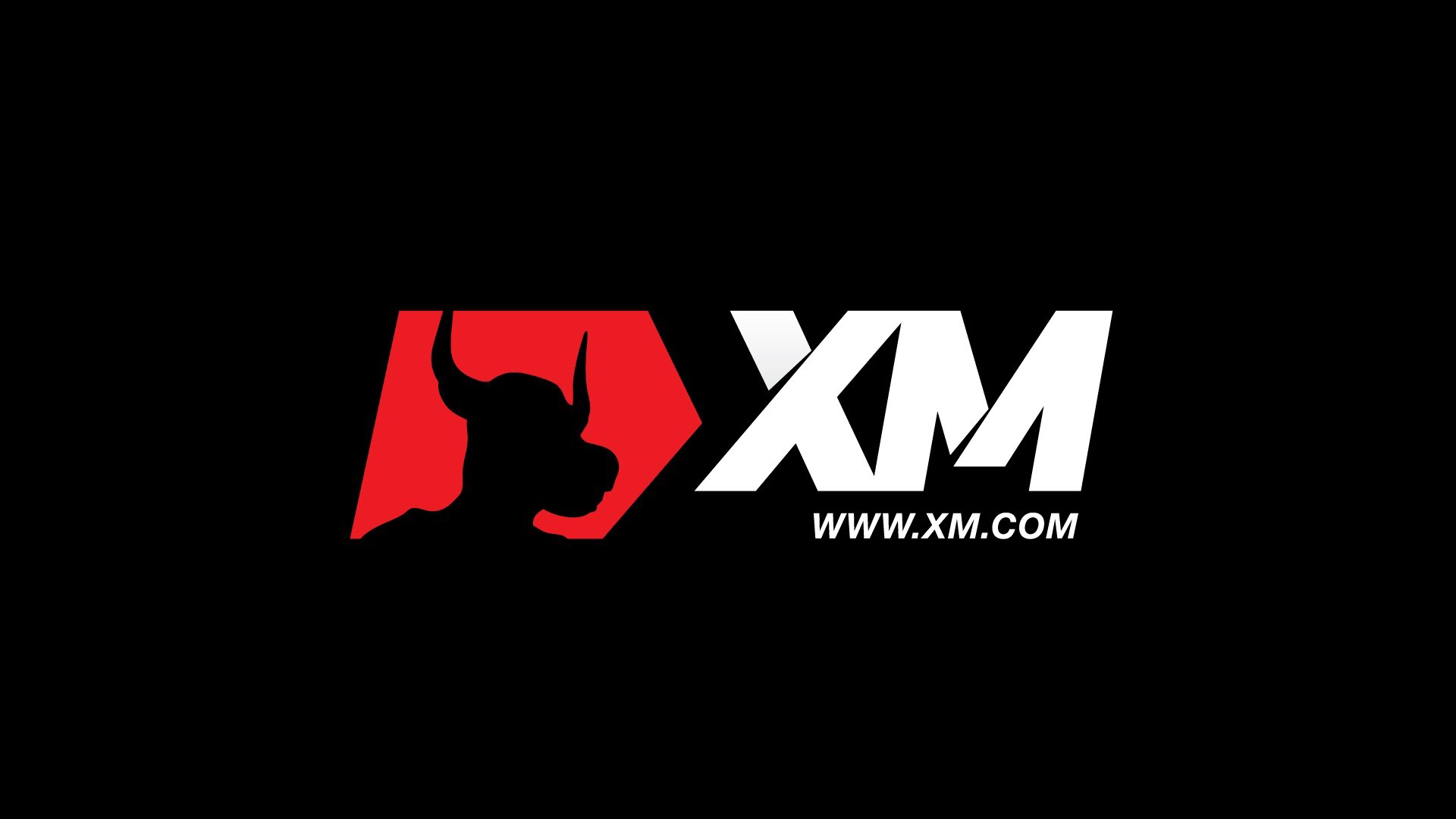

Min. Depo
$5

Licences
FCA, CySEC, IFSC, ASIC, DFSA

Leverage
1:888

Platforms
MT4, MT5, WebTrader
AvaTrade


Min. Depo
100 USD

Licences
ASIC, FSA, FSCA, FFAJ, FSRA, FSC

Leverage
400:1

Platforms
MT4, MT5
Exness
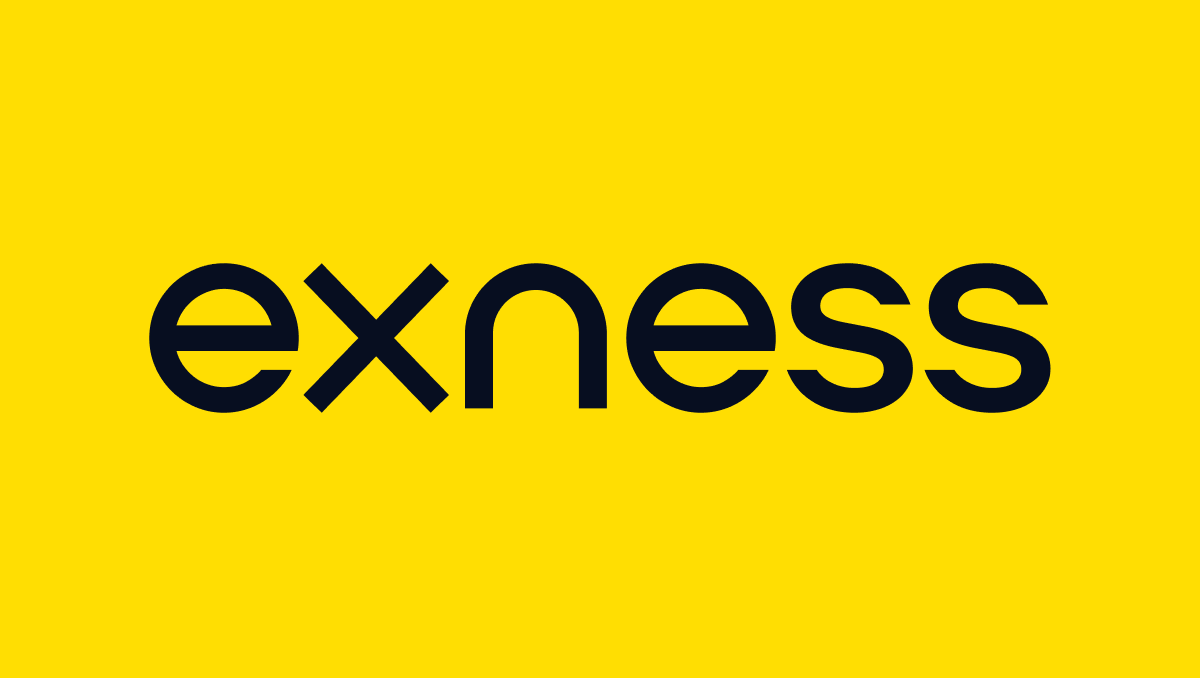

Min. Depo
$10

Licences
CySEC, FCA, SFSA

Leverage
1:2000

Platforms
MT4, MT5
FundedBull
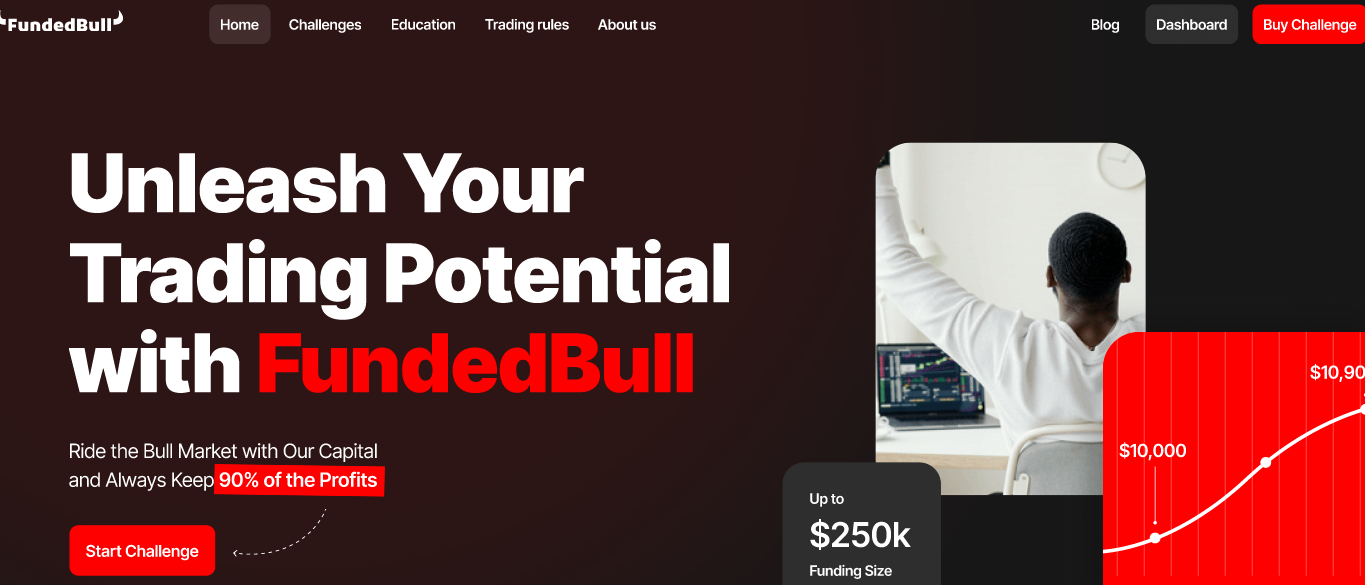

Min. Depo
49 USD

Licences
N/A

Leverage
N/A

Platforms
MT4, MT5, cTrader
Forex.com
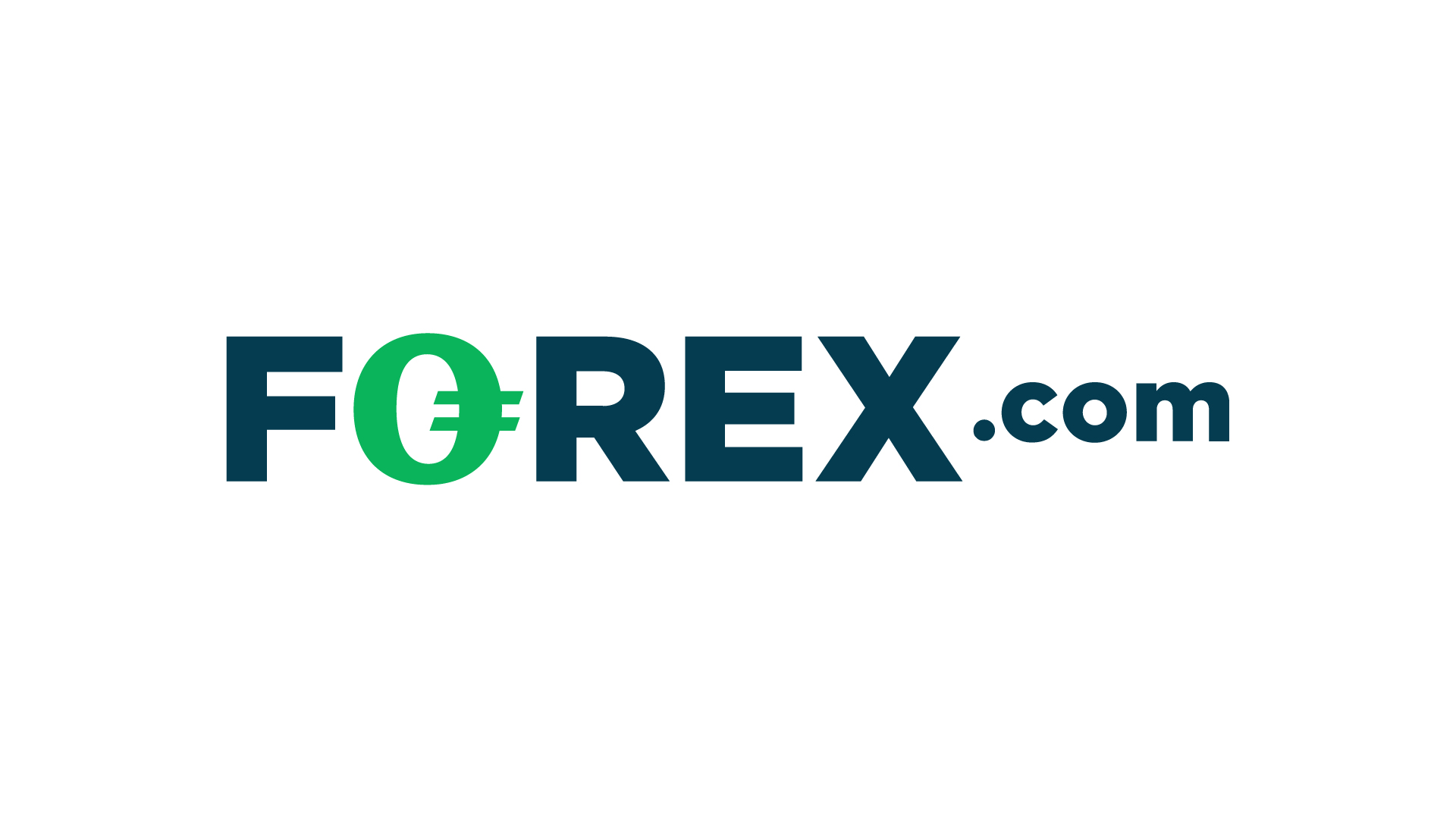

Min. Depo
$100

Licences
NFA, CFTC, FCA, FSA, IIROC and CIMA

Leverage
1:50

Platforms
WebTrader, MT4, MT5
CMTrading

Min. Depo
250 USD`

Licences
FSCA

Leverage
1:200

Platforms
MT4, WebTrader, Copykat
Plus500
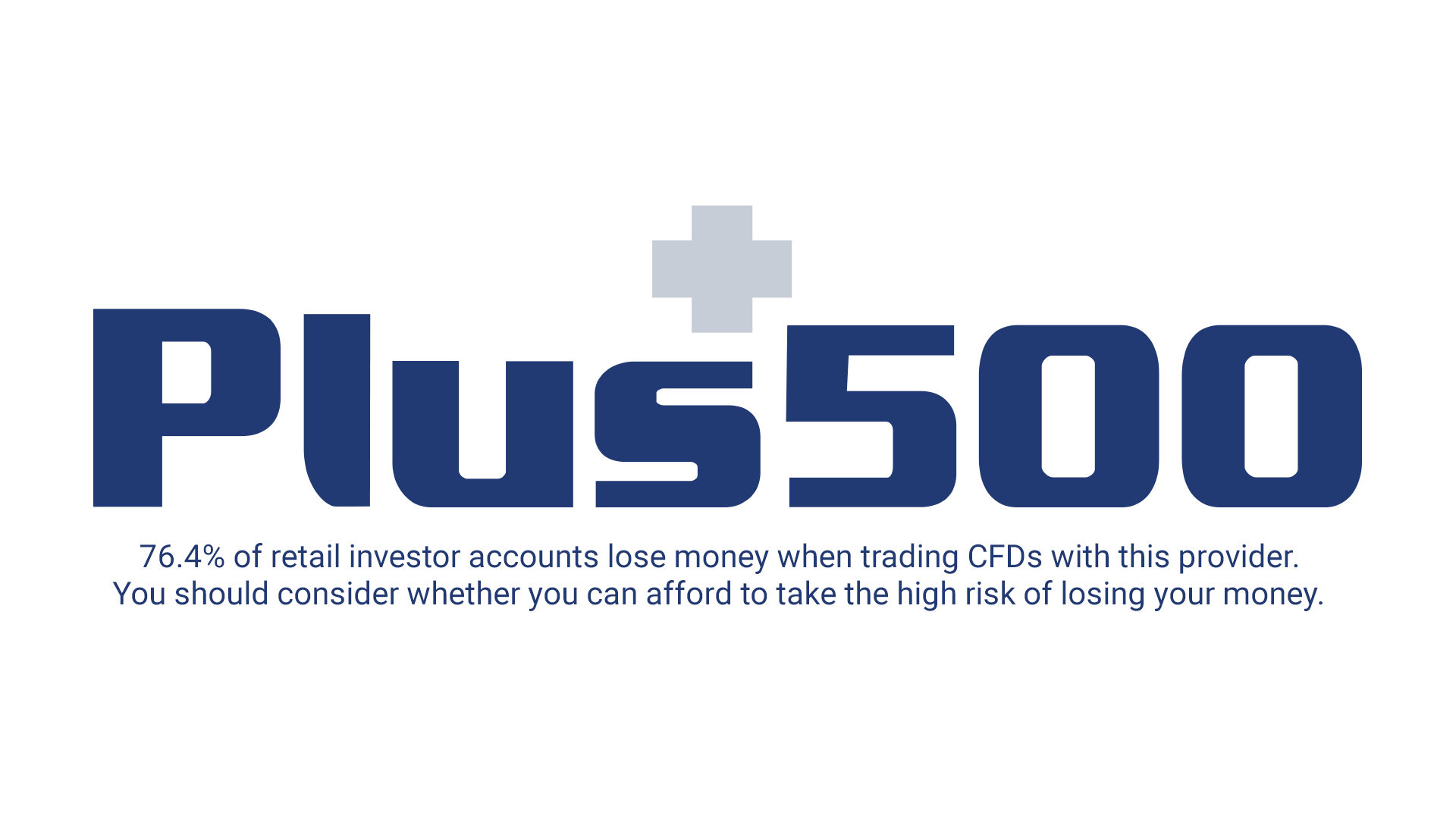

Min. Depo
$100

Licences
FCA, ASIC, CySEC, FSCA, FMA, MAS

Leverage
1:30

Platforms
WebTrader, Windows 10 Trader
Islam and trading in Kuwait
For the people that are unaware, before Forex trading reached such a high level in Islamic countries such as Kuwait, UAE. Saudi Arabia, etc, has been having some issues in the past, mainly due to some things that Islam restricts for the Muslims. In a nutshell, due to the teachings of the Shariah Law, which heavily prohibits usury, Muslims are not allowed to conduct business which would collect interest.
The way Forex brokers make a profit is by collecting overnight small interests from the traders, so obviously this would not work with the Islamic countries. Due to this, for many years, Forex brokers and traders alike, have been having certain difficulties and were not able to participate in Forex at the level desired.
With such a huge demand, interest, and potential that the Islamic markets had, Forex brokers had to come up with some kind of a solution, and they definitely did. The idea was to move from this swap-based interest model to making profits in spot Forex traders. This would essentially bypass the Sharia-law restriction, and allow both the traders and brokers to freely operate.
However, with Kuwait, it’s a bit different. Usually, these Sharia Law restrictions only apply to Muslim Residents. If, as an example, you were a resident of Kuwait but are not a Muslim resident, then these laws would not apply to you. So, not only are their laws in place that would allow the local populace to trade without having to violate Sharia Laws but for the non-muslim people, there are no restrictions in place. Naturally, with such favorable conditions, Kuwait is one of the top Forex countries in the Arab world.
What opportunities should the Kuwait Forex traders expect?
Let’s make a quick overview of the specific trading opportunities that Kuwait offers for its traders.
Currency trading in Kuwait
Realistically speaking, there is not much to be said about currency trading specifically in the context of Kuwait. The rules and specifics, for the most part, would be the same as with most other countries. However, what you need to consider is that the country doesn’t have its national currency that is traded on the Forex markets.
Kuwait’s national currency, the Kuwaiti Dinar, is actually the single highest-valued currency in the world, but it’s not traded on the Forex markets. It is actually pegged to multiple different currencies, and despite its strength as a currency, is not traded on the market.
Despite this, you can still feel free to currency trade to your heart’s content, as all these international brokers offer ample opportunities to trade on the major currencies such as USD, EUR, etc.
Commodity trading in Kuwait
As you may already guess, this section will be talking about Kuwait’s one and only, most important asset – the oil. Without a doubt, pretty much the one and only major reason for the country’s financial success is the huge amount of oil that it has. Thanks to this one single commodity, Kuwait is now one of the richest countries in the world. Naturally, with this being considered, it’s probably true that the biggest trading commodity trading opportunities you will find in Kuwait are with oil.
In terms of the actual numbers, Kuwait has exported over $66.4 billion’s worth of goods around the world in 2019, out of which $61.4 billion is mineral fuels/oil. This puts into perspective just how reliant this country is on oil and shows us why oil trading is so popular in the country. Almost 96% percent of all Kuwait’s export come from oil, so the opportunities on oil are absolutely massive.
As mentioned, beyond oil, Kuwait’s export numbers aren’t as impressive or exciting. Their second-biggest export would be organic chemicals with a total of $2.7 billion, which accounts for 4% of the total export number, and plastics and plastic articles of $872.7 million (1.3%).
As we have mentioned, the Kuwaiti Dinar is the most expensive currency in the world, and naturally, the primary reason for this is that Kuwait has so much oil. If you are interested in oil trading and the opportunities that this market offers globally, then you will feel right at home in Kuwait!
What other different options do the Kuwaiti brokers offer?
In Kuwait, brokers offer a decent list of trading options for the local populace. This includes many financial instruments such as CFDs. Currency pairs, indices, commodities, energy products, and more are some of the things that you can expect as a trader in Kuwait.
One great thing that many traders like in the Kuwaiti market is the fact that there are no restrictions on leverage. The usual range that many of the most popular Kuwait-based and international Forex brokers operating in Kuwait offer is 100:1. However, traders are allowed to use leverage in any range they wish.
It should be noted, though, that you definitely need to tread carefully when utilizing the leverage. There, after all, is a legitimate reason as to why it’s banned or heavily restricted in many countries. While there are definitely some huge potentials for making an extra profit when used right, leverage can be a sure way to bankruptcy if you don’t know what you’re doing. This is precisely what has happened to thousands upon thousands of traders in many countries, especially the inexperienced ones. Due to this, many countries have put restrictions on leverage, with the standard being 50:1, and the lowest being 5:1 in Japan, as an example.
Pros and Cons of the Kuwait Forex market
So, we have spoken at length on what are the specific traits of Kuwait’s Forex market. Now, as a summarization, what can we say are the benefits, weaknesses, and general pros and cons of Forex trading in Kuwait?
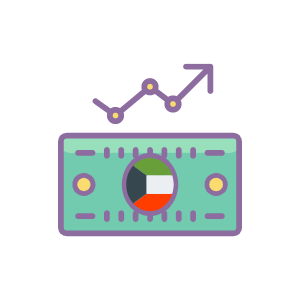
Pros
- No limits on leverage
- More relaxed restrictions compared to the other Islamic countries
Cons
- Not a lot of locally-based brokers
- Not a lot of variety beyond oil trading
Summing up the Kuwait Forex brokers
Despite being quite a small nation with a small population, Kuwait has managed to become one of the richest countries in the world. Thanks to their huge reserves of oil, the country has managed to properly itself to becoming one of the most prosperous countries in the world with the highest GDPs per capita.
Additionally, the country and its populace are quite extensively involved in the financial market and trading. With this combination, it’s no wonder that Kuwait is looked at as one of the most interesting Forex markets out there. If you are a Kuwaiti interested in getting started with Forex trading, then we can definitely encourage you to take advantage of your country’s amazing Forex market, especially the opportunities that it offers in the oil market.

